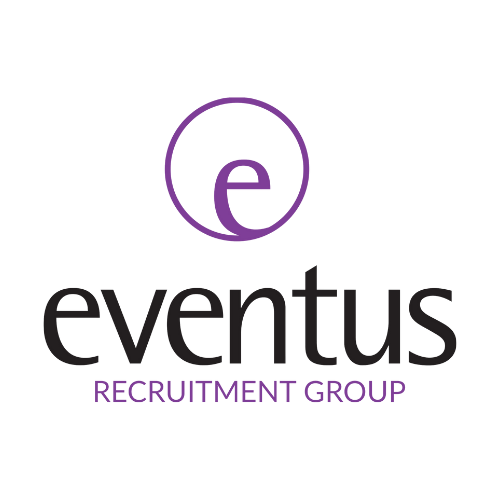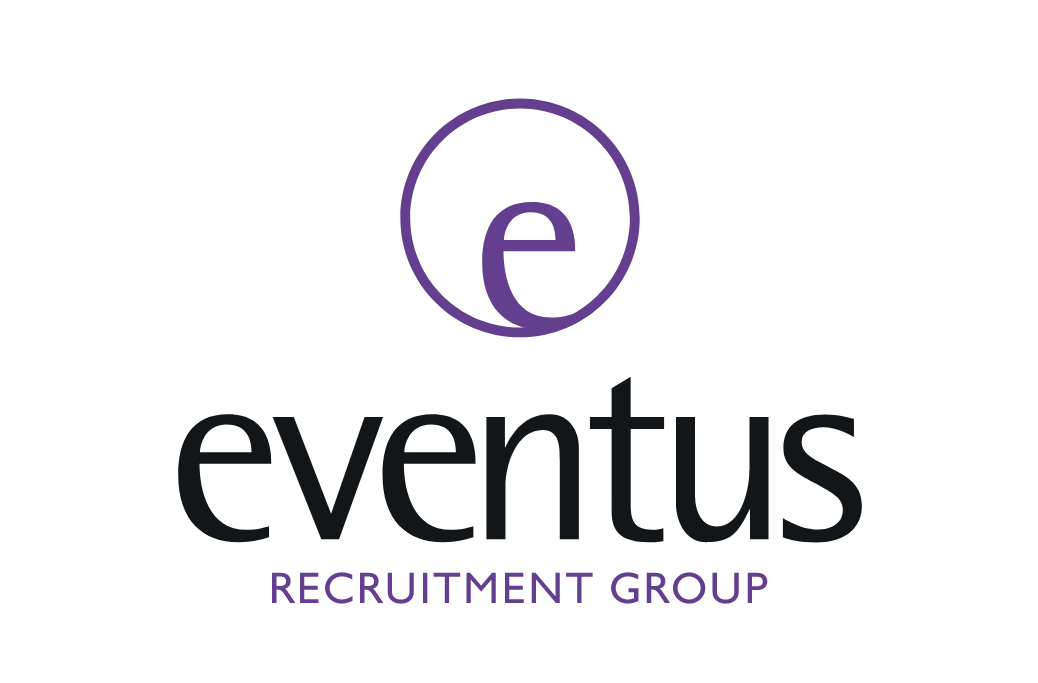How to write great CVs
Write Great CVs – this is crucial. The employment world is a buyer’s market. Increasingly jobseekers need to ‘sell’ themselves and having a great ‘Curriculum Vitae’ or CV is vital.
A CV provides a concise profile of a person’s background, qualifications and experience in words. It is your personal advertisement, the marketing tool enabling you to stand out from the crowd, earn you an interview and the opportunity to talk yourself into that ‘dream job.’
For most, the CV represents the first contact with potential employers. It’s difficult to over-stress its value and the importance of getting it right.
Employers are often bombarded by the CVs and can barely afford a few seconds each before deciding whether to ‘bin them’ or invite them for interview. Thus, immediate impact is everything, impressive qualifications count for nothing if the CV fails.
Potentially, your CV holds the key to the rest of your life. So, how do you acquire that edge to defeat the opposition? Today, there is no set format to a great CV, but there are a few time-honoured principles that ought to be observed.

Simplicity is the key – remember the employer and their few seconds? Keep it concise, make sure it quickly sells you and what you have to offer. Customise it to meet the reader’s requirements. Ideally, use no more than two sides of A4 paper – the time to elaborate is at the interview stage.
As with all advertising, you seek to maximise your chances by being better than the rest. If the content is concise, then presentation must be professional.
Word-process your CV on quality paper, in a clear font such as Times New Roman or Arial. It needs to be well-spaced and effectively outline why you are the ideal candidate for the skills the job requires. Avoid fancy fonts, colours, designs, dotted lines, pictures or fancy borders.
Remember, with CVs, less is more. Rather than cluttered pages of type – white spaces actually draw readers in to the concise information within. A well-presented CV indicates you are professional and business-like.
Always consider the employer’s viewpoint. The closer you can match what they are looking for, the better the chance of securing an interview.
CVs can be chronological or functional. The position you are applying for should determine your approach.
A chronological CV allows you to plot career progression. It is equally applicable if you have stayed with one employer for a long time or undergone several changes.
A functional CV is useful if you are looking to change career direction. It concentrates on transferable skills that you can demonstrate and bring to the new position.
Your name, along with CV or ‘Curriculum Vitae,’ should be typed in bold as the heading of the first page.
The following order can be changed, but all should be included in your CV. With immediacy at a premium, a personal profile is first recommended. A series of crafted, powerful and positive statements to describe your strengths will introduce you. Take your time, be creative – but don’t make things up!
Clearly, employers need to know your career history, even if you are a student applying for your first job you will find something. Summarise employment history, starting with your present or most recent position and work backwards to the first. Include dates of starting and finishing (just years can suffice), employer’s name, address if appropriate and position held.
Training and Education
Training and Education should be outlined, but where you place it probably depends on work experience. A recent graduate might position this after the profile, but if you have worked for several years, then experience is probably more relevant. Work backwards chronologically, including dates, institutions attended and appropriate qualifications achieved.
Experience and Achievements
Experience and achievements can be separate headings or combined. What have you achieved in your various roles and responsibilities? How are these applicable to the position applied for? Concise, powerful statements should provide evidence of your suitability.
Personal interests and contact details
Whatever you feel is relevant should be included here, but keep it tight and compact.
Write Great CVs – Covering Letter
This should be as brief and professional as you can make it. Make it personal, outline your aims and ensure it reflects the relevant key attributes, skills and experience that appear in the job ad. Tailor the letter for each application that you make – make it sound personal to the company and the job.
Be careful, be confident, be concise and always keep a copy of anything you submit to prospective employers or agencies.
Above all, be positive. Good luck, that dream job could be just around the corner!
Write Great CVs – Further reading
In addition to this blog post “Write Great CVs”, you may find the following blog posts useful by The Eventus Recruitment Group:
Career Networking
Job Interviews
Careers Interview
Receive a Tailored Service from The Eventus Recruitment Group
If you are looking for a new job in a legal, HR or finance profession, please contact us today and arrange a consultation. We provide a tailored, personalised service. Contact Siobhan Courtney on 07970 252772.

